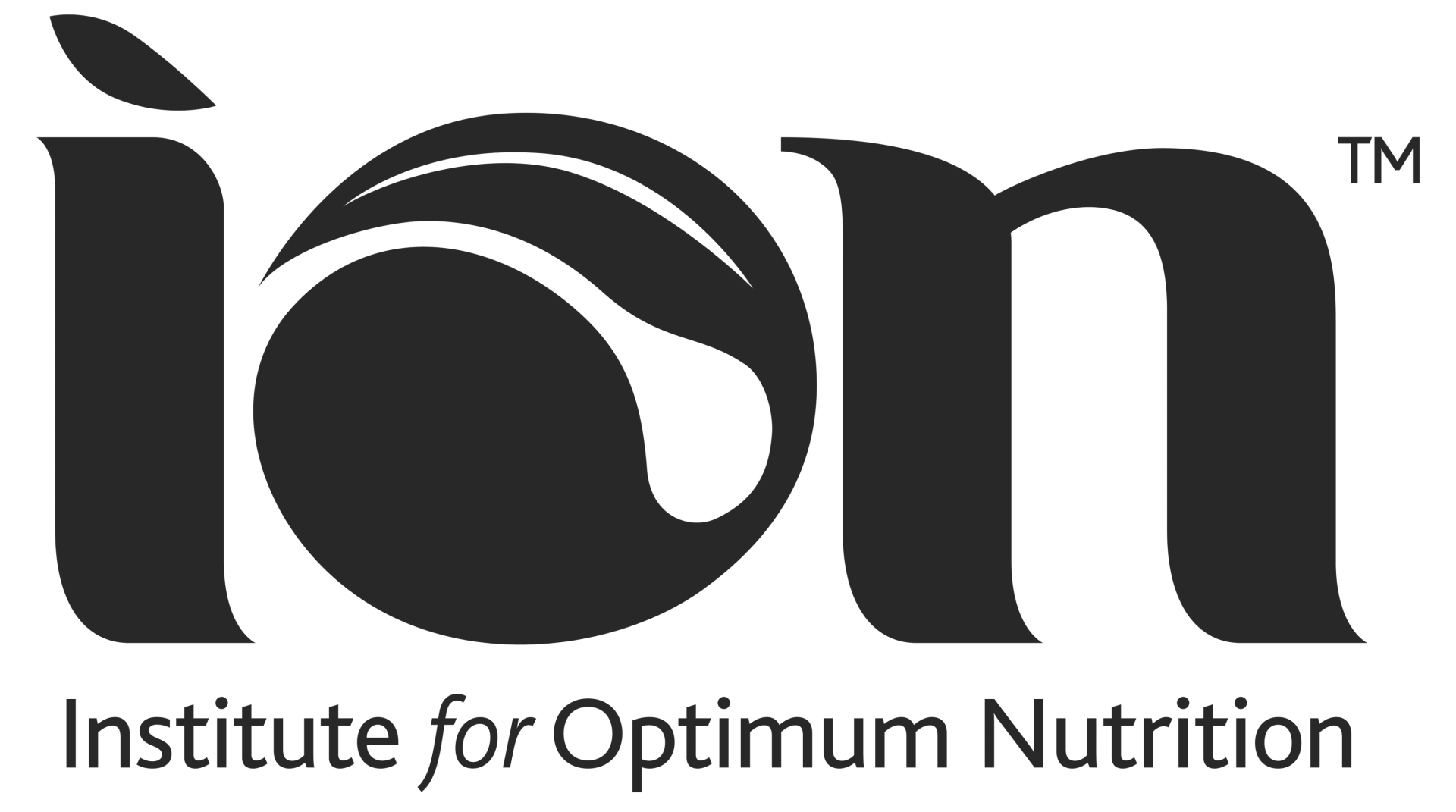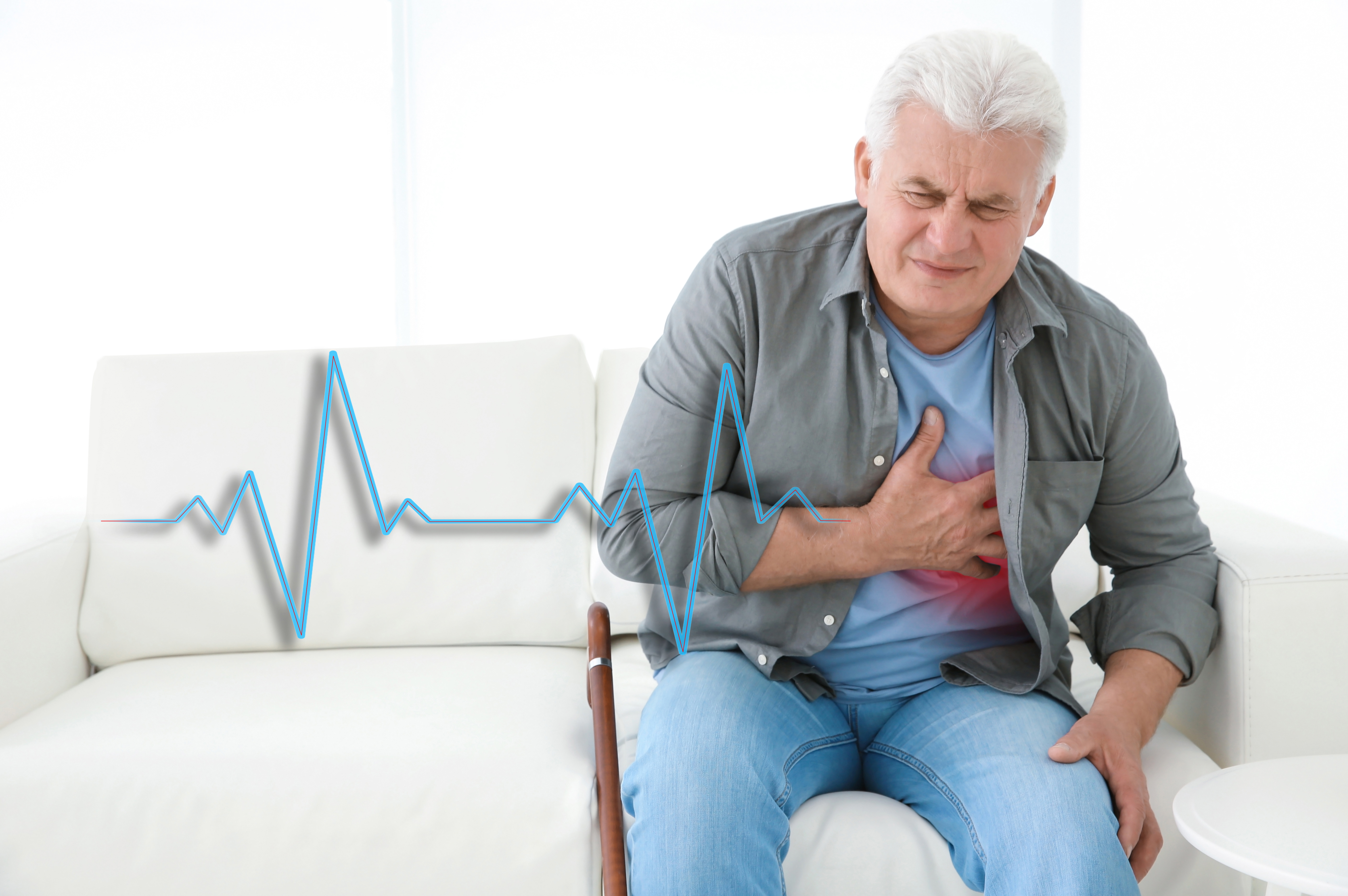Do you sometimes feel like you need to eat even though there are no tummy rumbles and you only ate a little while ago? We find out about the hunger pangs that have nothing to do with food, by Hatty Willmoth.
This article has been adapted from the original published in print in the Winter 2022/23 issue of Optimum Nutrition magazine.
Hungry, peckish, starving, ravenous, craving a bite to eat — they could all be grouped together in a thesaurus, but they don’t mean the same thing.
There are plenty of reasons why we might feel drawn to food at any particular moment, many of which have nothing to do with physical hunger.
Kate Delmar-Morgan, head of clinics at the Institute for Optimum Nutrition [at time of original publication], says that whilst there are different types of ‘hunger’, there are also different ways to respond to them.
What is physical hunger?
“To survive, we must eat! The body regulates appetite, producing food-seeking behaviour and the desire for foods when hungry, as well as satiety, which is the feeling of fullness when food lacks its appeal.
“The body regulates hunger and satiety through a complex interplay between physical, emotional and external factors.
“It monitors the quantities of various nutrients in the body, and when they fall below critical levels, there is a self-regulating process that occurs to replenish glucose, fats and proteins for cellular function.
“Physical hunger is a true need for food — any food that is available that will satisfy your hunger — and you won’t feel guilty after you finish eating.”
How is appetite regulated?
“The physiological regulation of hunger is governed by the hypothalamus in the brain and via chemicals such as neurotransmitters and hormones.
“It’s the body’s way of replenishing energy and nutrients and [it’s] designed to protect the body against unhealthy changes, helping to preserve a healthy state; a homeostatic state, or balance, similar to body temperature regulation and hydration.
“This is also crucial to the regulation of overall body weight.”

What about weight set points?
Delmar-Morgan says our weight set point is key to how hungry we feel.
“Our set point is a pre-set weight baseline that is controlled by physiological signals,” she says.
In other words, it’s the weight that our body aims to maintain through its systems of signalling and regulation.
“It varies from person to person,” she adds, “and may adjust upwards or downwards. There is a strong genetic influence with a set point, but it may also be influenced by age (increasing with age), food intake, dieting, genetics, exercise and smoking.
“It has a bearing on your metabolism. For example, the set point may change in yo-yo dieting to drive weight up, as the brain has sensed that food was scarce and may become so in future.
“Your body physiologically will always try to revert to its desired weight set point, and therefore your hunger and metabolism will respond accordingly.”
How can we spot physical hunger?
“Physical hunger is when you are likely to feel your empty stomach start to rumble.
“You might start to find concentration difficult; your energy might be a bit low, and you may start looking around for food.
“Hunger signals come on gradually and become more accentuated over time.
“I usually recommend people space their meals four and a half to five hours apart, as that appears to be the time that people become genuinely hungry and their energy reserves start decreasing.”
What is emotional hunger?
“Emotional hunger is usually a response to a feeling. This feeling could be either good or bad, but it usually involves a craving for a specific food or type of food — usually high in fat and sugar — and sometimes there is a drive to eat the food until it has gone.
“[It] can be a sudden feeling of needing to eat immediately, and there can be feelings of guilt and shame associated with this.”

Different types of emotional hunger
Susie Orbach, author of Fat is a Feminist Issue, describes some forms of emotional hunger as the following:
- Social hunger: when eating feels important because people are together
- Mouth hunger: when we crave the feeling of eating, but we’re not hungry
- Prophylactic hunger: the desire to eat now in case we get hungry later
- Deserved hunger: when we eat to cheer ourselves up, perhaps after a bad day
- Pleasure hunger: wanting to eat just to make ourselves feel good
- Anxiety hunger: reaching for food to calm our nerves
- Boredom hunger: when we eat because we can’t think of anything else to do
- Celebratory hunger: using food to enjoy a special occasion
Kate Delmar-Morgan’s top tips for coping with emotional hunger
Social hunger:
- At parties and social gatherings, pay close attention to your body’s physical signals and try to respond to them.
Mouth hunger:
- If you’re feeling peckish, like you want to eat but don’t have any physical hunger signals, make yourself a cup of tea or other hot drink first, and see if this satisfies the craving.
- If that doesn’t work, and there’s a long wait until your next meal, find yourself a healthy snack, but take a moment to stop and pause, asking yourself where your desire to eat is coming from.
Prophylactic hunger:
- Plan your meals so you know when you’re next getting food, and aim to stick to that.
- Make sure your mealtimes are balanced with protein, fats and carbohydrates, to keep you full between meals without needing to snack.
- If you’re going out and are unsure about when you’ll next be eating, take a substantial snack with you, such as oatcakes with carrot and hummus, so you can eat on the go if you need to.
Pleasure, deserved, anxiety, or boredom hunger:
- Try to find alternative methods of coping with difficult emotions, e.g. yoga to calm down, music to stave off boredom, or gardening to cheer yourself up.
Celebratory hunger:
- At celebrations, try to focus on the people more than the food.
- Celebrate with healthier, more wholesome options – for example, less sugary desserts that contain protein (nuts, seeds, ground almonds) and fruit/veg, such as carrot cake.
- Definitely have cake on your birthday!

Enjoyed this article?
Find out about asparagus
For articles and recipes subscribe to the Optimum Nutrition newsletter
Discover our courses in nutrition





